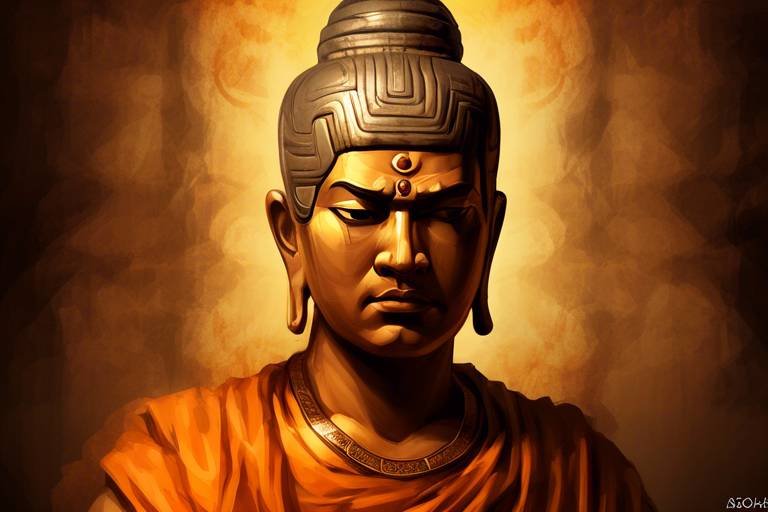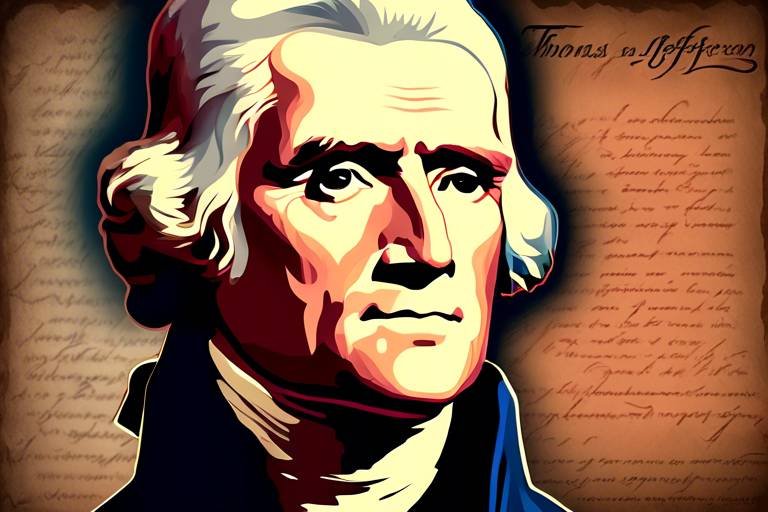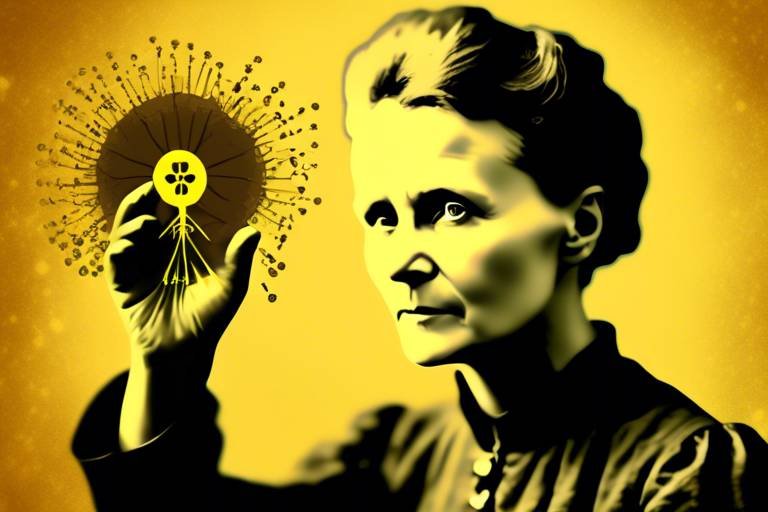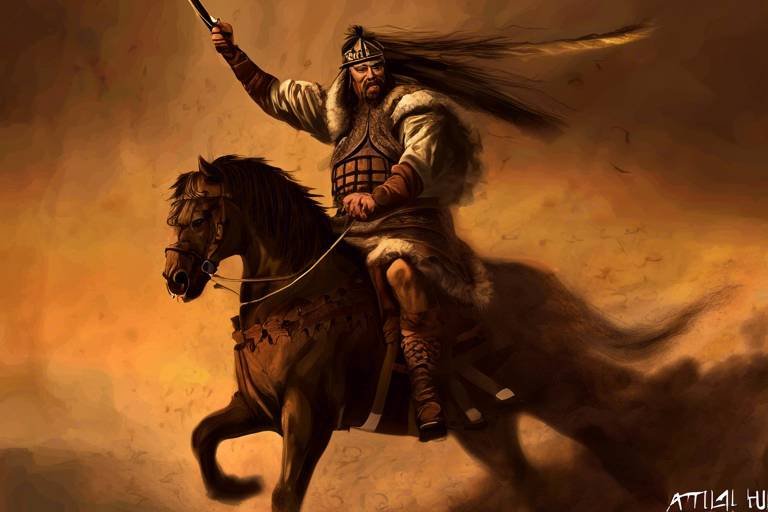Zarathustra: The Founder of Zoroastrianism
Zarathustra, also known as Zoroaster, stands as the central figure in Zoroastrianism, a religion with a rich history and profound teachings. He is revered as the founder of this ancient faith, introducing pivotal concepts that shaped the beliefs of his followers for centuries to come. Among these foundational ideas is the unwavering belief in one supreme deity, Ahura Mazda, and the fundamental understanding of the dualistic nature of existence.

Life and Background of Zarathustra
Zarathustra, also known as Zoroaster, was born in ancient Persia around the 18th century BCE. Little is known about his early life, but it is believed that he grew up in a humble family and spent his formative years contemplating the nature of existence and the divine. Zarathustra's teachings emerged during a time of social and religious upheaval in Persia, where polytheistic beliefs and rituals dominated the spiritual landscape.
As a young man, Zarathustra experienced a series of revelations from the divine entity Ahura Mazda, who imparted to him the fundamental tenets of what would later become Zoroastrianism. These revelations formed the basis of his monotheistic teachings, emphasizing the existence of one supreme god who stood in opposition to the forces of evil.
Despite facing resistance and persecution from the established religious authorities of his time, Zarathustra continued to preach his message of ethical living, emphasizing the importance of truth, righteousness, and the eternal battle between good and evil. His teachings were encapsulated in the Gathas, a collection of sacred hymns that served as the core scripture of Zoroastrianism.
Zarathustra's life was marked by a relentless dedication to his divine mission, traveling far and wide to spread his revolutionary ideas and gather followers who shared his vision of a world guided by moral principles and spiritual enlightenment. His legacy as the founder of Zoroastrianism endures to this day, inspiring millions of believers to uphold his teachings and strive for a life of virtue and piety.

Zoroastrian Beliefs and Teachings
Zoroastrianism, founded by Zarathustra, encompasses a rich tapestry of beliefs and teachings that have shaped the faith for millennia. At its core, Zoroastrianism emphasizes the eternal struggle between good and evil, encapsulated in the concept of cosmic dualism. The Gathas, attributed to Zarathustra, serve as the foundational texts that expound on the importance of truth, righteousness, and the ultimate victory of good over evil.
Central to Zoroastrian beliefs is the veneration of Ahura Mazda, the supreme god who embodies wisdom, goodness, and creation. Followers strive to align themselves with Ahura Mazda's divine will through virtuous thoughts, words, and deeds, seeking to uphold the cosmic order and contribute to the ongoing battle against darkness.
Fire holds a sacred place in Zoroastrian worship, symbolizing purity, light, and the presence of the divine. Rituals and ceremonies involving fire play a significant role in Zoroastrian practice, serving as a conduit for spiritual connection and the offering of prayers for guidance and protection.
Ethics and morality form the bedrock of Zoroastrian teachings, emphasizing personal responsibility, integrity, and the pursuit of goodness in all aspects of life. Zarathustra's ethical principles underscore the importance of individual choice and the consequences of one's actions, highlighting the belief in the accountability of souls in the afterlife.

Ahura Mazda: The Supreme God
Ahura Mazda, the Supreme God in Zoroastrianism, is revered as the ultimate creator and sustainer of the universe. Known as the Wise Lord, Ahura Mazda embodies the concept of cosmic order and goodness, representing the eternal battle between light and darkness, truth and falsehood. Followers of Zoroastrianism believe in aligning themselves with the divine will of Ahura Mazda, striving to uphold values of righteousness, wisdom, and benevolence in their daily lives.
In Zoroastrian cosmology, Ahura Mazda is associated with the element of fire, symbolizing purity and enlightenment. Fire temples serve as sacred spaces where devotees gather to offer prayers and perform rituals to honor the divine presence of Ahura Mazda. The eternal flame burning in these temples symbolizes the eternal light of the Wise Lord, guiding believers towards spiritual enlightenment and moral clarity.
The teachings of Zarathustra emphasize the dualistic nature of existence, highlighting the eternal conflict between good and evil. Ahura Mazda is depicted as the embodiment of all that is good and just, while Angra Mainyu represents the forces of chaos and destruction. Followers of Zoroastrianism strive to align themselves with the divine attributes of Ahura Mazda, seeking to cultivate virtues such as compassion, honesty, and integrity in their interactions with others.

Fire Worship and Rituals
Fire holds a sacred place in the heart of Zoroastrian worship and rituals, symbolizing purity and divinity. The practice of fire worship, known as Atarsh, is central to Zoroastrian religious ceremonies. The eternal flame, representing the presence of Ahura Mazda, is kept burning in Zoroastrian fire temples as a focal point for prayer and devotion. Followers believe that fire has the power to cleanse and protect, serving as a bridge between the earthly realm and the divine.
In Zoroastrian rituals, fire is revered as a source of light, warmth, and energy, embodying the divine spark within all living beings. The act of tending to the sacred fire is a solemn duty, carried out with reverence and meticulous care. Priests, known as Magi, oversee the rituals and offerings made to the fire, invoking blessings and seeking divine guidance. Through the ritual of fire worship, Zoroastrians seek to cultivate a deep spiritual connection with Ahura Mazda and uphold the principles of truth and righteousness.

Zoroastrian Ethics and Morality
Zoroastrian Ethics and Morality are deeply rooted in the teachings of Zarathustra, emphasizing the fundamental principles of good thoughts, words, and deeds. These ethical values form the cornerstone of Zoroastrian belief, guiding followers towards a life of righteousness and virtue. Zarathustra's teachings highlight the importance of personal responsibility and the impact of individual actions on the eternal battle between good and evil.
Central to Zoroastrian Ethics is the concept of Asha, representing truth and cosmic order. Followers are encouraged to align themselves with Asha by upholding honesty, integrity, and justice in all aspects of their lives. This commitment to ethical living is seen as essential for maintaining harmony within the universe and fostering a connection with the divine.
Zarathustra's teachings also emphasize the idea of dualism, highlighting the eternal struggle between Spenta Mainyu, the spirit of truth and goodness, and Angra Mainyu, the spirit of falsehood and evil. This dualistic worldview shapes Zoroastrian morality, encouraging followers to actively choose the path of righteousness and resist temptations that lead towards moral corruption.
Furthermore, Zoroastrianism places a strong emphasis on the afterlife and the judgment of souls based on their actions in the physical world. Followers believe in the concept of Chinvat Bridge, where the souls of the departed must cross to reach their final destination based on their deeds. This belief in accountability underscores the importance of leading a morally upright life in accordance with the teachings of Zarathustra.

Zoroastrian Scriptures and Texts
Zoroastrianism is rich in sacred texts and scriptures that form the foundation of the religion's beliefs and practices. At the core of Zoroastrian literature is the Avesta, a collection of ancient texts that are considered the primary source of Zoroastrian teachings. The Avesta is divided into two main sections: the Yasna and the Vendidad. The Yasna contains hymns and prayers dedicated to Ahura Mazda, while the Vendidad focuses on rituals, laws, and moral teachings.
Within the Avesta, one of the most revered texts is the Gathas, a collection of hymns attributed to Zarathustra himself. These hymns are considered the direct words of the prophet and provide insight into his teachings on truth, righteousness, and the eternal battle between good and evil. The Gathas are highly revered by Zoroastrians and are recited in rituals and ceremonies to this day.
Aside from the Avesta, Zoroastrianism also includes other important texts such as the Zend Avesta, which contains commentaries and supplementary material to the Avesta, as well as the Denkard, a ninth-century compilation of Zoroastrian beliefs and practices. These texts, along with various commentaries and interpretations by scholars throughout history, contribute to the rich tapestry of Zoroastrian literature.

Spread of Zoroastrianism and Influence
Zoroastrianism, with its roots in ancient Persia, gradually spread its influence beyond its place of origin, impacting various cultures and belief systems across different regions. The teachings of Zarathustra resonated with many, leading to the expansion of this monotheistic religion to areas such as Central Asia, India, and even parts of the Roman Empire. As Zoroastrianism traveled along trade routes and through conquests, it left a mark on the religious landscape, influencing the development of ethical monotheism in diverse societies.
One of the key factors contributing to the spread of Zoroastrianism was the appeal of its core principles, emphasizing the eternal battle between good and evil, the importance of ethical living, and the pursuit of truth and righteousness. These universal themes transcended cultural boundaries, attracting followers from different backgrounds who found resonance in the teachings of Zarathustra. As communities adopted Zoroastrian beliefs, they incorporated them into their existing traditions, creating a unique blend of practices that reflected the syncretic nature of religious evolution.
Furthermore, the patronage of Zoroastrian rulers and the establishment of Zoroastrian centers of learning facilitated the dissemination of the religion, providing a platform for the exchange of ideas and the preservation of sacred texts. The enduring legacy of Zoroastrianism can be seen in the remnants of its influence in modern religions and philosophies, showcasing the enduring impact of Zarathustra's vision on the spiritual heritage of humanity.

Modern Practices and Revival
Zoroastrian communities around the world continue to uphold their ancient traditions and values, passing down the teachings of Zarathustra through generations. Despite facing challenges in the modern world, these communities strive to preserve their unique identity and practices.
Efforts to revive Zoroastrianism have gained momentum in recent years, with initiatives aimed at educating the younger generation about their religious heritage. Various organizations and individuals are working towards promoting awareness and understanding of Zoroastrian beliefs and rituals.
Modern Zoroastrians engage in a range of practices to maintain their faith, including regular attendance at fire temples for worship and participating in communal ceremonies and festivals. These gatherings serve as opportunities for community bonding and spiritual reflection.
Moreover, the diaspora of Zoroastrians has led to the establishment of cultural centers and religious associations in different countries, fostering a sense of unity among followers dispersed across the globe. These centers play a vital role in preserving Zoroastrian customs and fostering a sense of belonging among the community.
As Zoroastrianism continues to adapt to contemporary challenges, the resilience and dedication of its followers ensure that the legacy of Zarathustra endures, inspiring future generations to embrace the teachings of this ancient faith.
Frequently Asked Questions
- Who was Zarathustra?
Zarathustra, also known as Zoroaster, was the founder of Zoroastrianism, a religion that emphasized monotheism and ethical living. He introduced key concepts such as the belief in one supreme god, Ahura Mazda, and the eternal battle between good and evil.
- What are the core beliefs of Zoroastrianism?
Zoroastrianism places a strong emphasis on truth, righteousness, and the importance of good thoughts, words, and deeds. Followers believe in the dualistic nature of existence, where individuals are responsible for their actions and will be judged after death.
- Why is fire worship significant in Zoroastrianism?
Fire is considered a symbol of purity and divinity in Zoroastrianism, representing the presence of Ahura Mazda. Followers engage in rituals and ceremonies involving fire to honor the elements and offer prayers as a form of worship.
- How has Zoroastrianism influenced other cultures and religions?
Zoroastrianism spread from ancient Persia to various regions, influencing ethical monotheistic beliefs in diverse cultures. Its teachings have had a lasting impact on the development of religious and ethical thought worldwide.
- Are there modern Zoroastrian communities practicing today?
Yes, there are Zoroastrian communities around the world that continue to uphold their traditions and values. Efforts are also being made to preserve and revive the teachings of Zarathustra for future generations.



















